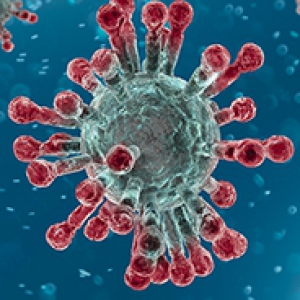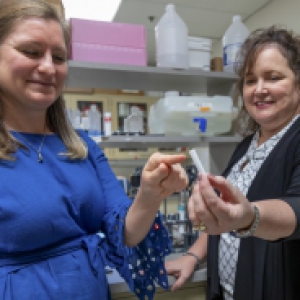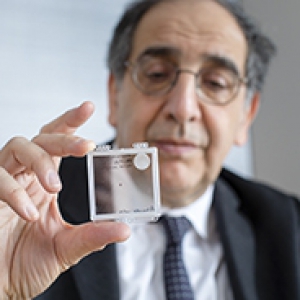School of Medicine

Tuesday, February 18, 2020
Liza Konnikova from pediatrics and her colleagues discovered that the fetal gut possesses almost complete immune capacity as early as 14 weeks, challenging the ideas that most biology textbooks teach.

Thursday, February 13, 2020
More than 250 people attended a panel discussion on Feb. 12 to hear a group of Pitt and county experts discuss the coronavirus outbreak.

Thursday, February 13, 2020
The University of Pittsburgh is among a select few institutions expected to receive samples of the coronavirus for study. In his remarks to the University Senate, Paul Duprex, director of the Center for Vaccine Research, highlighted the tremendous history the University has in working on vaccines and why this matters.

Thursday, February 6, 2020
Zhiyong Peng, a former fellow at the University of Pittsburgh, heads the department of critical care medicine at Zhongnan Hospital of Wuhan University, which has seen 28,000 cases of coronavirus. He recalls his time at Pitt as formative for his leadership and management skills.

Thursday, February 6, 2020

Tuesday, February 4, 2020
Current treatments for long segments of nerve damage only restore about 40-60% of motor function. Pitt researchers developed the nerve guide, and their studies showed that it restored about 80% of fine motor control.

Tuesday, February 4, 2020
A new wireless retinal device called PRIMA, which is designed to restore sight in patients blinded by retinal degeneration, was implanted for the first time in a patient in the United States by UPMC doctors.

Monday, February 3, 2020
As the global community recognizes World Cancer Day on Feb. 4, Pitt research and spinouts make headway in the future of cancer care.



